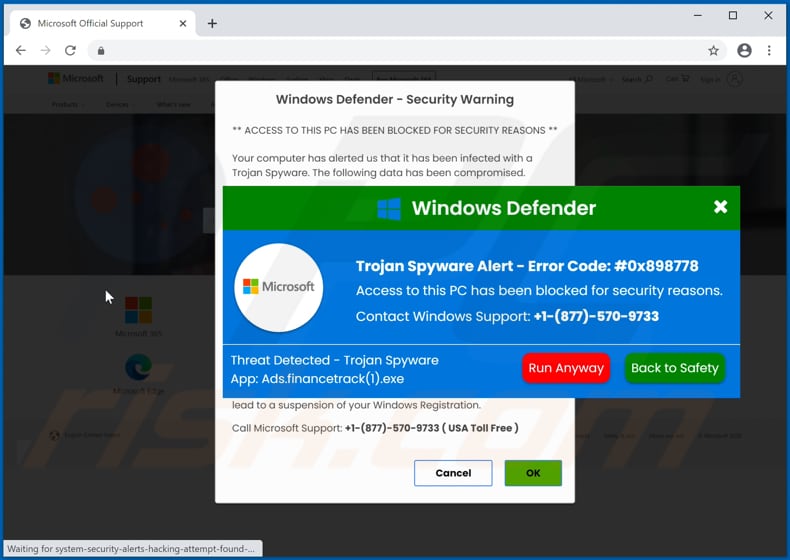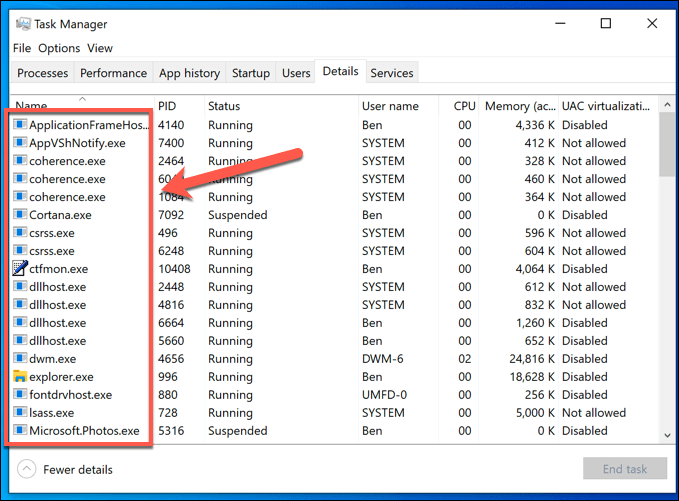

- HOW DO I CHECK MY COMPUTER FOR SPYWARE HOW TO
- HOW DO I CHECK MY COMPUTER FOR SPYWARE SOFTWARE
- HOW DO I CHECK MY COMPUTER FOR SPYWARE PASSWORD
- HOW DO I CHECK MY COMPUTER FOR SPYWARE PC
Some banking spyware even cooperates with similar malware to drop a double payload.
HOW DO I CHECK MY COMPUTER FOR SPYWARE SOFTWARE
You might not mind - but how can you be sure exactly what the software is reporting? Cookie trackers can report your data to advertisers.Some smartphone apps require access to laptop or smartphone cameras and microphones this permission could be used to record you at any time, upload photos and sound without telling you, livestream your camera on to the internet, and run facial recognition software on your face. Sound recording and video spyware can use your device to record your conversations and send the information to a third party.Mobile spyware can track your geographical location, your call logs, contact lists and even photos taken on your camera phone.It also might take all your email contacts so it can spam them with phishing emails. Info stealers scan PCs for information such as usernames and passwords, credit card numbers, and email addresses.They can modify transactions (for instance sending money to the cybercriminal's account instead of the intended account) or transmit collected information to another server. They may spoof bank websites so that users attempt to carry out transactions on a fake site, as well as logging keystrokes and stealing credentials. Banking trojans modify web pages to take advantage of browser security lapses.
HOW DO I CHECK MY COMPUTER FOR SPYWARE PASSWORD
Password stealers can also steal cookies to enable them to use websites with your ID. Those passwords can include stored web passwords, system logins, or network credentials.

Password stealers are designed to harvest passwords from any infected device or computer.The information stolen can include websites you visited, system credentials and passwords, your internet search history, and passwords. Keyloggers attempt to capture computer activity by reporting keyboard inputs.Let's look at the main groups of spyware to see what they do and how they do it: Others are plainly criminal in intent, focusing on the theft of network credentials and passwords. Some track your contacts or geographical location. For instance, some are relatively innocent and simply want to track your web browsing behavior to send the data to advertisers. Types of spywareĭifferent types of spyware are focused on monitoring different types of information. This should give you everything you need to know to protect your privacy.
HOW DO I CHECK MY COMPUTER FOR SPYWARE HOW TO
We'll also give you some tips about how to detect spyware on both Android phones and iPhones, so that whichever kind of mobile device you own, you're covered. In this article we'll describe the types of spyware you might want to look out for, tell you how to detect them on your computer or smartphone, and show you how to eradicate them. Computers were the original focus for spyware creators, but now spyware can be found taking advantage of vulnerabilities in Android phones, iPhones, and tablets, too.
HOW DO I CHECK MY COMPUTER FOR SPYWARE PC
Spyware can be installed on any device - a PC or laptop, a tablet, iPhone, or Android smartphone. And if governments can do it, you can bet criminals everywhere will be trying to get their hands on that functionality. The installed software, like FinFisher, can allow them to snoop on Facebook and Skype, as well as go through your emails. Government agencies are even able to insert spyware via iTunes, according to German magazine Der Spiegel. It's more likely to arrive attached to dodgy downloads or via a phishing attack. If you look carefully, it's probably mentioned in the small print. Spyware can even arrive attached to apparently legitimate programs. Sometimes it even disguises itself as a file that is innocent and a vital part of your OS. Usually, it does this by attaching itself to your operating system and running in the background as a memory-resident program. Spyware is sneaky, and it's very good at hiding itself.


 0 kommentar(er)
0 kommentar(er)
